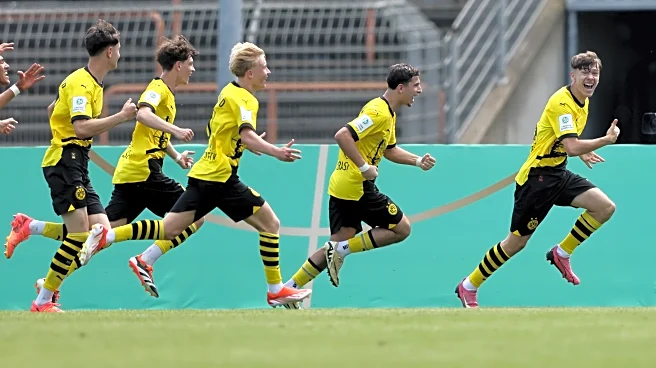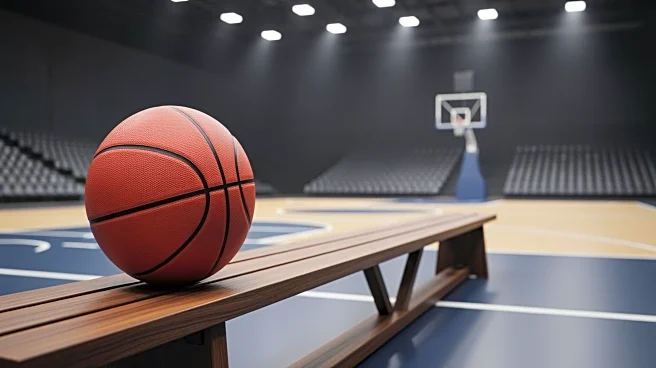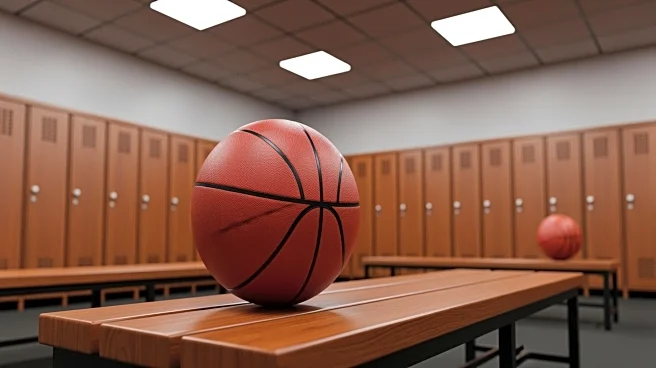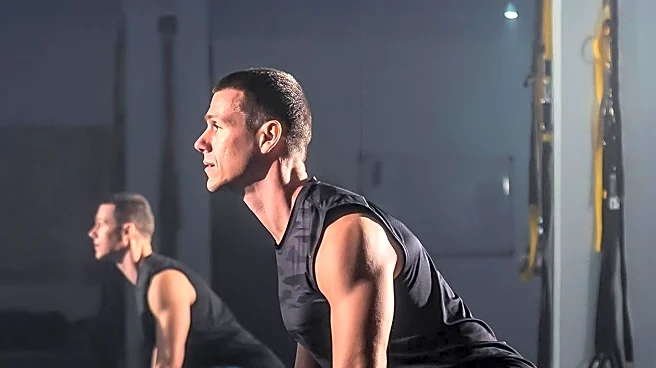There are two types of football clubs in this world: the ones that are good at developing talent and the ones that want to be good at it. No matter how many resources an organization has at its disposal,
finding the edge, A.K.A the next best-selling jersey, will always be a priority. In a business that is generating increasingly utopian sums, boards must naturally become more creative in their team-building strategies. A great way to do that is in-house, through their youth academy. Now, as mentioned, some clubs have proven to be better at it than others. After all, it is a process that requires patience, resilience, leadership, as well as modern performance diagnostics and thorough video analysis.
While Borussia Dortmund has an excellent track record of bringing in and nurturing external talent (Ousmane Dembele, Jude Bellingham, Erling Haaland, Nico Schlotterbeck, etc.), the list of players that were able to make the transition to the first team from their own academy in Brackel has been shrinking. Too many prospects have attempted to “make the jump” for the Black and Yellows, only to muster a couple of 10-minute cameos as a substitute and never be seen again. So how can that change?
After listening to the XXL Podcast titled Building a Ramp to the Pros on the Borussia Dortmund YouTube Channel, I’m hard-pressed to find a club more stacked with competence in their youth department than BVB. Head of Youth Academy Paul Schaffran and Youth Academy Sporting Director Thomas Broich give us a very intriguing look into their multi-year vision to make Dortmund Europe’s leading talent factory.
Here are some of my key takeaways from the 101-minute conversation:
Bio-Banding
Sounds very much like the science exam that gave me trouble in 7th grade, but it’s surprisingly simple.
Puberty. A time in which the body is flooded with hormonal changes. The subsequent growth spurt comes at different times and speeds for everyone. Meaning, two players can be the same biological age and yet be four years apart in physical development. This results in major advantages/disadvantages on the pitch. Logical, right? I mean, there’s a reason boxing has weight classes.
Talent is not tied to your birthday in any way; however, performance capacity is. Whether a player was born on the 1st of January or the 31st of December can be a big swing factor for succeeding within their class. The concept of Bio-Banding aims to level the genetic playing field for all U16 age groups. It’s not exactly a fresh scientific discovery, but 2022 was when it was first integrated at BVB.
Instead of having every training session divided into age groups, once a week, they’re divided into “Bio-Banding-Groups”. As a result, the more physically imposing youngsters are no longer so imposing and have to find new ways to dominate a game. In the same vein, smaller players who may not have matured at the same pace get a fair chance against players of their own stature. Ensuring a healthy balance between being under- and overwhelmed.
As they say, “If you’re the biggest person in your gym, you should find a new gym”, and the Bio-Banding approach aims to take the initiative on that front.

It Can’t Always Be About Winning
In the professional ecosystem, everything revolves around the final result. There is no room for nuance or baby steps. Teams are expected to perform week-in, week-out and win titles consistently. That’s the championship/ring culture that has shaped many different sports, not just football. The problem lies in that result-focused mentality bleeding into the youth facilities.
Specifically in Germany, it feels like there has been a shortage of the so-called “street footballers”. While the talent pool was and still is larger than in other countries, it’s not being evaluated efficiently. Meeting benchmarks and risk mitigation seems to be at the top of most scouts’ lists, letting hidden gems fall through the cracks in the process.
Kids are taught to play the ball long at the sight of pressure instead of trying to find the pocket pass, which, while more complicated, may result in a scoring opportunity. This is why many talents run into a wall with the pros. No matter the position, their playstyle ends up being tentative and safe rather than progressive and dynamic. They dribble less, shoot less, but all is supposedly well and good as long as the team wins their league by way of multiple 1:0 victories. That is an illusion of quality.
Not just the players, but all the stakeholders in and around a young player’s career (family, coaches, agents) need to befriend the idea of provoking setbacks and failures. Football is inherently an imperfect game, implying that the team that makes fewer mistakes wins. Paradoxically, though, one has to make mistakes to learn the game and get better at it.
The Meat and Potatoes
It comes down to the habits that are practiced in-game. Physically and mentally.
Whether a game is lost 11:2 or 2:0 doesn’t matter all that much. Instead, academies should value metrics such as possession percentages, passing rate, average pass length, set-piece execution, and heatmaps. How many touches did player X have? In other words, how many opportunities did he have to make a mistake and learn from it?
For example, if winger Y isn’t tracking back and helping fullback X defend because he either can’t from a cardio standpoint, or he doesn’t have to since the construct of his team is overpowered anyway, is winger Y then being rewarded for this behavior? Is his squad still winning comfortably? Because if so, both his lack of fitness and or mentality will be exposed at the highest level, if he even makes it that far…
The transition to the professional stage should be smaller and easier than the steps through each individual youth squad. That is what Borussia Dortmund is trying to optimize. And it will take a couple more years before they reap the rewards. As Thomas Broich mentioned, “not everyone understands it yet (…); it’s going to take us at least 3-5 more years. You can’t instantly find three top talents overnight. Nonetheless, I love what we get to do here; it’s a privilege, and I am infinitely optimistic. I can sense what is happening here, and I think to myself, there is no world in which this doesn’t work.”
Your Thoughts?
Will Dortmund’s approach to fostering young talent bear fruit? Let us know your thoughts below!









